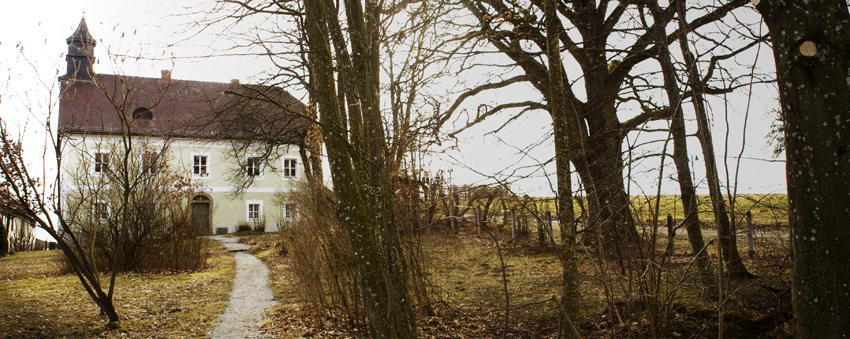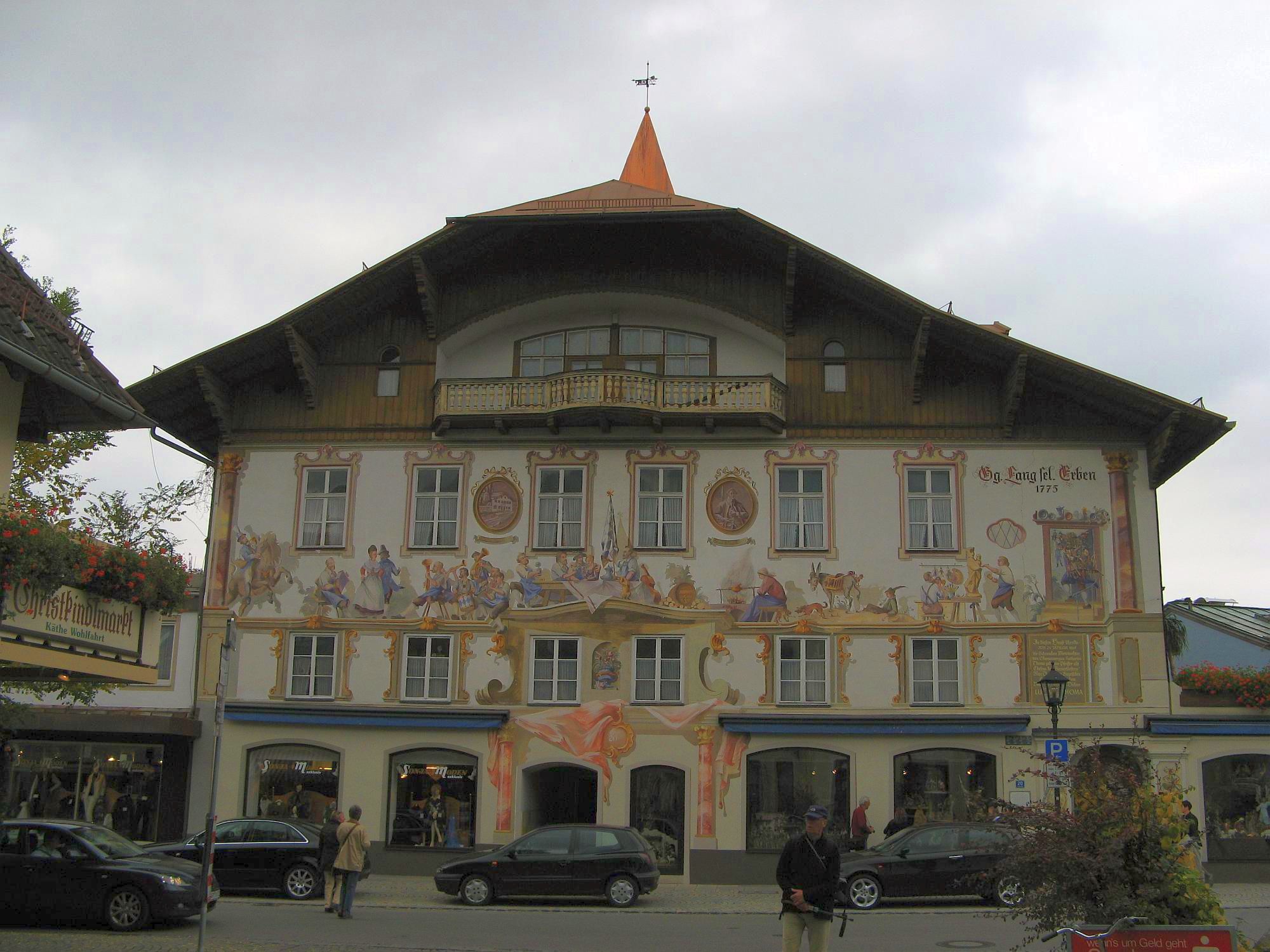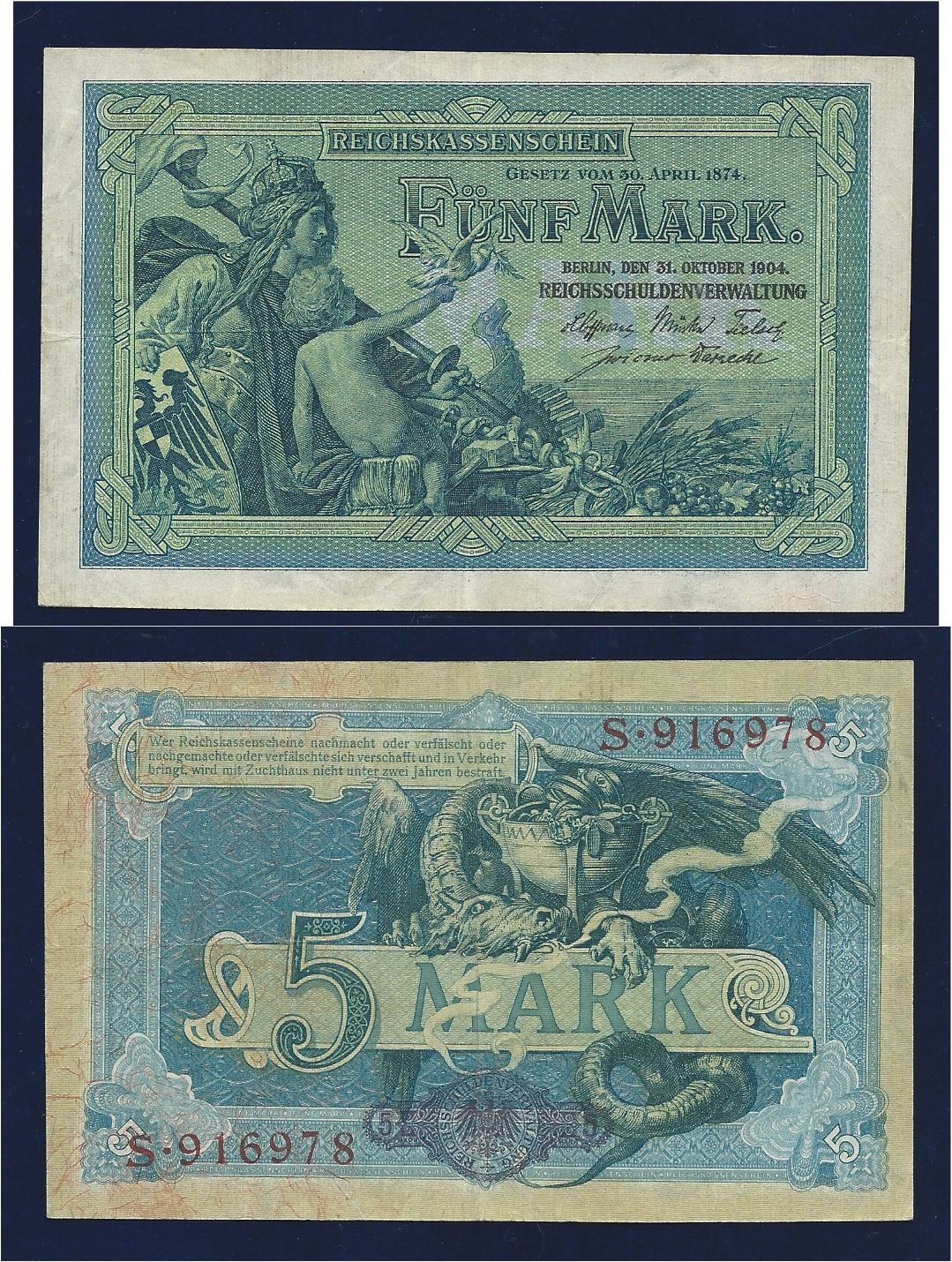|
Simplicissimus (magazine)
:''Simplicissimus is also a name for the 1668 novel Simplicius Simplicissimus and its protagonist.'' ''Simplicissimus'' () was a satirical German weekly magazine, headquartered in Munich, and founded by Albert Langen in April 1896. It continued publishing until 1967, interrupted by a hiatus from 1944–1954, and became a biweekly in 1964. It took its name from the protagonist of Grimmelshausen's 1668 novel ''Der Abenteuerliche Simplicissimus Teutsch''. Combining brash and politically daring content, with a bright, immediate, and surprisingly modern graphic style, ''Simplicissimus'' published the work of writers such as Thomas Mann and Rainer Maria Rilke. Its most reliable targets for caricature were stiff Prussian military figures, and rigid German social and class distinctions as seen from the more relaxed, liberal atmosphere of Munich. Contributors included Hermann Hesse, Gustav Meyrink, Fanny zu Reventlow, Jakob Wassermann, Frank Wedekind, Heinrich Kley, Alfred Kubin, Otto ... [...More Info...] [...Related Items...] OR: [Wikipedia] [Google] [Baidu] |
Der Abenteuerliche Simplicissimus
''Simplicius Simplicissimus'' (german: link=no, Der abenteuerliche Simplicissimus Teutsch) is a picaresque novel of the lower Baroque style, written in 1668 by Hans Jakob Christoffel von Grimmelshausen and probably published the same year (although bearing the date 1669). Inspired by the events and horrors of the Thirty Years' War which devastated Germany from 1618 to 1648, it is regarded as the first adventure novel in the German language and the first German novel masterpiece. The full subtitle is "The account of the life of an odd vagrant named Melchior Sternfels von Fuchshaim: namely where and in what manner he came into this world, what he saw, learned, experienced, and endured therein; also why he again left it of his own free will." Plot overview The novel is told from the perspective of its protagonist Simplicius, a rogue or picaro typical of the picaresque novel, as he traverses the tumultuous world of the Holy Roman Empire during the Thirty Years' War. Raised by ... [...More Info...] [...Related Items...] OR: [Wikipedia] [Google] [Baidu] |
Alfred Kubin
Alfred Leopold Isidor Kubin (10 April 1877 – 20 August 1959) was an Austrian printmaker, illustrator, and occasional writer. Kubin is considered an important representative of Symbolism and Expressionism. Biography Kubin was born in Bohemia in the town of Leitmeritz, Austro-Hungarian Empire (now Litoměřice). From 1892 to 1896, he was apprenticed to the landscape photographer Alois Beer, although he learned little. In 1896, he attempted suicide on his mother's grave, and his short stint in the Austrian army the following year ended with a nervous breakdown. In 1898, Kubin began a period of artistic study at a private academy run by the painter Ludwig Schmitt-Reutte, before enrolling at the Munich Academy in 1899, without finishing his studies there. In Munich, Kubin discovered the works of Odilon Redon, Edvard Munch, James Ensor, Henry de Groux, and Félicien Rops. He was profoundly affected by the prints of Max Klinger, and later recounted: "Here a new art was thrown ... [...More Info...] [...Related Items...] OR: [Wikipedia] [Google] [Baidu] |
George Grosz
George Grosz (; born Georg Ehrenfried Groß; July 26, 1893 – July 6, 1959) was a German artist known especially for his caricatural drawings and paintings of Berlin life in the 1920s. He was a prominent member of the Berlin Dada and New Objectivity groups during the Weimar Republic. He immigrated to the United States in 1933, and became a naturalized citizen in 1938. Abandoning the style and subject matter of his earlier work, he exhibited regularly and taught for many years at the Art Students League of New York. In 1959 he returned to Berlin, where he died shortly afterwards. Early life Grosz was born Georg Ehrenfried Groß in Berlin, Germany, the third child of a pub owner. His parents were devoutly Lutheran. Grosz grew up in the Pomeranian town of Stolp (now Słupsk, Poland). After his father's death in 1900, he moved to the Wedding district of Berlin with his mother and sisters. At the urging of his cousin, the young Grosz began attending a weekly drawing class ... [...More Info...] [...Related Items...] OR: [Wikipedia] [Google] [Baidu] |
World War I
World War I (28 July 1914 11 November 1918), often abbreviated as WWI, was List of wars and anthropogenic disasters by death toll, one of the deadliest global conflicts in history. Belligerents included much of Europe, the Russian Empire, the United States, and the Ottoman Empire, with fighting occurring throughout Europe, the Middle East, Africa, the Pacific Ocean, Pacific, and parts of Asia. An estimated 9 million soldiers were killed in combat, plus another 23 million wounded, while 5 million civilians died as a result of military action, hunger, and disease. Millions more died in Genocides in history (World War I through World War II), genocides within the Ottoman Empire and in the Spanish flu, 1918 influenza pandemic, which was exacerbated by the movement of combatants during the war. Prior to 1914, the European great powers were divided between the Triple Entente (comprising French Third Republic, France, Russia, and British Empire, Britain) and the Triple A ... [...More Info...] [...Related Items...] OR: [Wikipedia] [Google] [Baidu] |
Ludwig Thoma
Ludwig Thoma (; 21 January 1867 in Oberammergau – 26 August 1921 in Tegernsee) was a German author, publisher and editor, who gained popularity through his partially exaggerated description of everyday Bavarian life. After graduation from the Imperial Latin School in Landstuhl (today: Sickingen- Gymnasium Landstuhl), he first studied Forestry in Aschaffenburg, then Law until 1893 in Munich and Erlangen. Subsequently, he settled down as a lawyer, at first in Dachau, later in Munich. After 1899, he worked for the magazine ''Simplicissimus'' and published humorous narrations, comedies, novels and stories. Thoma satirized Bavarian rural and small-town life. His serious peasant novels ''Andreas Vöst'' (1905), ''Der Wittiber'' (1911), and ''Der Ruepp'' (1922), as well as his humorous collections ''Assessor Karlchen'' (1900), ''Lausbubengeschichten'' (''Tales of a Rascal'', 1904), and ''Tante Frieda'' (''Aunt Frieda'', 1906), are characterized by authenticity of regional lang ... [...More Info...] [...Related Items...] OR: [Wikipedia] [Google] [Baidu] |
Gold Marks
The German mark (german: Goldmark ; sign: ℳ) was the currency of the German Empire, which spanned from 1871 to 1918. The mark was paired with the minor unit of the pfennig (₰); 100 pfennigs were equivalent to 1 mark. The mark was on the gold standard from 1871–1914, but like most nations during World War I, the German Empire removed the gold backing in August 1914, and gold and silver coins ceased to circulate. After the fall of the Empire due to the November Revolution of 1918, the mark was succeeded by the Weimar Republic's mark, derisively referred to as the Papiermark ("Paper mark") due to hyperinflation in the Weimar Republic from 1918–1923. History The introduction of the German mark in 1873 was the culmination of decades-long efforts to unify the various currencies used by the German Confederation.pp 205-218 https://books.google.com/books?id=GrJCAAAAIAAJ&pg=PA205#v=onepage&q&f=false The Zollverein unified in 1838 the Prussian and South German curren ... [...More Info...] [...Related Items...] OR: [Wikipedia] [Google] [Baidu] |
Switzerland
; rm, citad federala, links=no). Swiss law does not designate a ''capital'' as such, but the federal parliament and government are installed in Bern, while other federal institutions, such as the federal courts, are in other cities (Bellinzona, Lausanne, Lucerne, Neuchâtel, St. Gallen a.o.). , coordinates = , largest_city = Zurich , official_languages = , englishmotto = "One for all, all for one" , religion_year = 2022 , religion_ref = , religion = , demonym = , german: link=no, Schweizer/Schweizerin, french: link=no, Suisse/Suissesse, it, svizzero/svizzera or , rm, Svizzer/Svizra , government_type = Federal assembly-independent directorial republic , leader_title1 = Federal Council , leader_name1 = , leader_title2 = , leader_name2 = Viktor Rossi , legislature = Federal Assembly , upper_house = Counci ... [...More Info...] [...Related Items...] OR: [Wikipedia] [Google] [Baidu] |
Wilhelm II, German Emperor
Wilhelm II (Friedrich Wilhelm Viktor Albert; 27 January 18594 June 1941) was the last German Emperor (german: Kaiser) and List of monarchs of Prussia, King of Prussia, reigning from 15 June 1888 until Abdication of Wilhelm II, his abdication on 9 November in German history, 9 November 1918. Despite strengthening the German Empire's position as a great power by building a powerful navy, his tactless public statements and erratic foreign policy greatly antagonized the international community and are considered by many to be one of Causes of World War I, the underlying causes of World War I. When the German war effort collapsed after a series of crushing defeats on the Western Front (World War I), Western Front in 1918, he was forced to abdicate, thereby marking the end of the German Empire and the House of Hohenzollern's 300-year reign in Prussia and 500-year reign in Margraviate of Brandenburg, Brandenburg. Wilhelm II was the son of Frederick III, German Emperor, Prince Frederick Wi ... [...More Info...] [...Related Items...] OR: [Wikipedia] [Google] [Baidu] |
Erich Kästner
Emil Erich Kästner (; 23 February 1899 – 29 July 1974) was a German writer, poet, screenwriter and satirist, known primarily for his humorous, socially astute poems and for children's books including ''Emil and the Detectives''. He received the international Hans Christian Andersen Medal in 1960 for his autobiography '. He was nominated for the Nobel Prize in Literature in six separate years. Biography Dresden 1899–1919 Kästner was born in Dresden, Saxony, and grew up on Königsbrücker Straße in Dresden's Äußere Neustadt. Close by, the Erich Kästner Museum was subsequently opened in the Villa Augustin that had belonged to Kästner's uncle Franz Augustin. Kästner's father, Emil Richard Kästner, was a master saddlemaker. His mother, Ida Amalia (née Augustin), had been a maidservant, but in her thirties she trained as a hairstylist in order to supplement her husband's income. Kästner had a particularly close relationship with his mother. When he was liv ... [...More Info...] [...Related Items...] OR: [Wikipedia] [Google] [Baidu] |
Lessie Sachs
Lessie Sachs (1897–1942) was a German-born American poet and artist who was active during World War I and World War II. Biography Lessie Sachs was born in 1897 in Breslau, then a city in the German Empire. She was the only child of neurologist Heinrich Sachs. Sachs attended schools in Breslau and Munich, where she studied arts and crafts. Sachs primarily wrote lyrical love poems. Her earliest poems were published in the journal ''Simplicissimus''. A number of German newspapers (e.g. the ''Vossische Zeitung'') also published her work, and a few of her poems were set to music and broadcast on the radio. In 1933, Sachs married Austrian composer and pianist Josef Wagner, with whom she had a daughter, Dorothée. Sachs was Jewish, and in 1939 she and her family emigrated to the United States and settled in New York. Some of Sachs' work was then published in the New York-based German-Jewish newspaper '' Aufbau''. Although best known as a poet, Sachs was also an artist. At least o ... [...More Info...] [...Related Items...] OR: [Wikipedia] [Google] [Baidu] |
Heinrich Mann
Luiz Heinrich Mann (; 27 March 1871 – 11 March 1950), best known as simply Heinrich Mann, was a German author known for his socio-political novels. From 1930 until 1933, he was president of the fine poetry division of the Prussian Academy of Arts. His fierce criticism of the growing Fascism and Nazism forced him to flee Germany after the Nazis came to power during 1933. He was the elder brother of writer Thomas Mann. Early life Born in Lübeck, as the oldest child of Senator Thomas Johann Heinrich Mann, grain merchant and finance minister of the Free City of Lübeck, a state of the German Empire, and Júlia da Silva Bruhns. He was the elder brother of the writer Thomas Mann with whom he had a lifelong rivalry. The Mann family was an affluent family of grain merchants of the Hanseatic city of Lübeck. After the death of his father, his mother relocated the family to Munich, where Heinrich began his career as a ''freier Schriftsteller'' (free novelist). Work Mann's ess ... [...More Info...] [...Related Items...] OR: [Wikipedia] [Google] [Baidu] |
Hugo Von Hofmannsthal
Hugo Laurenz August Hofmann von Hofmannsthal (; 1 February 1874 – 15 July 1929) was an Austrian novelist, librettist, poet, dramatist, narrator, and essayist. Early life Hofmannsthal was born in Landstraße, Vienna, the son of an upper-class Christian Austrian mother, Anna Maria Josefa Fohleutner (1852–1904), and a Christian Austrian–Italian bank manager, Hugo August Peter Hofmann, Edler von Hofmannsthal (1841–1915). His great-grandfather, Isaak Löw Hofmann, Edler von Hofmannsthal, from whom his family inherited the noble title " Edler von Hofmannsthal", was a Jewish tobacco farmer ennobled by the Austrian emperor. He was schooled in Vienna at Akademisches Gymnasium, where he studied the works of Ovid, later a major influence on his work. He began to write poems and plays from an early age. Some of his early works were written under pseudonyms, such as ''Loris Melikow'' and ''Theophil Morren'', because he was not allowed to publish as a student. He met the German ... [...More Info...] [...Related Items...] OR: [Wikipedia] [Google] [Baidu] |








